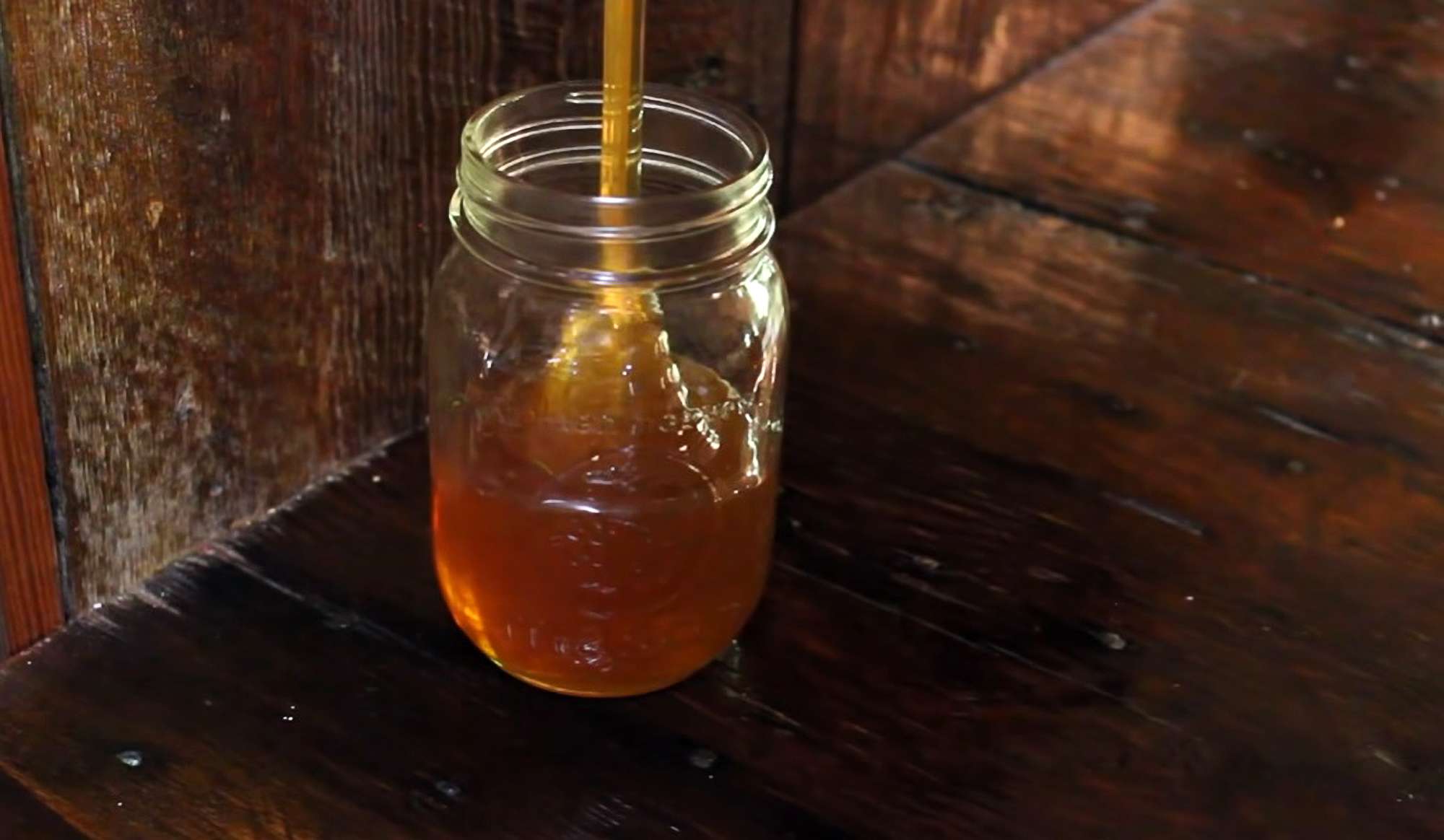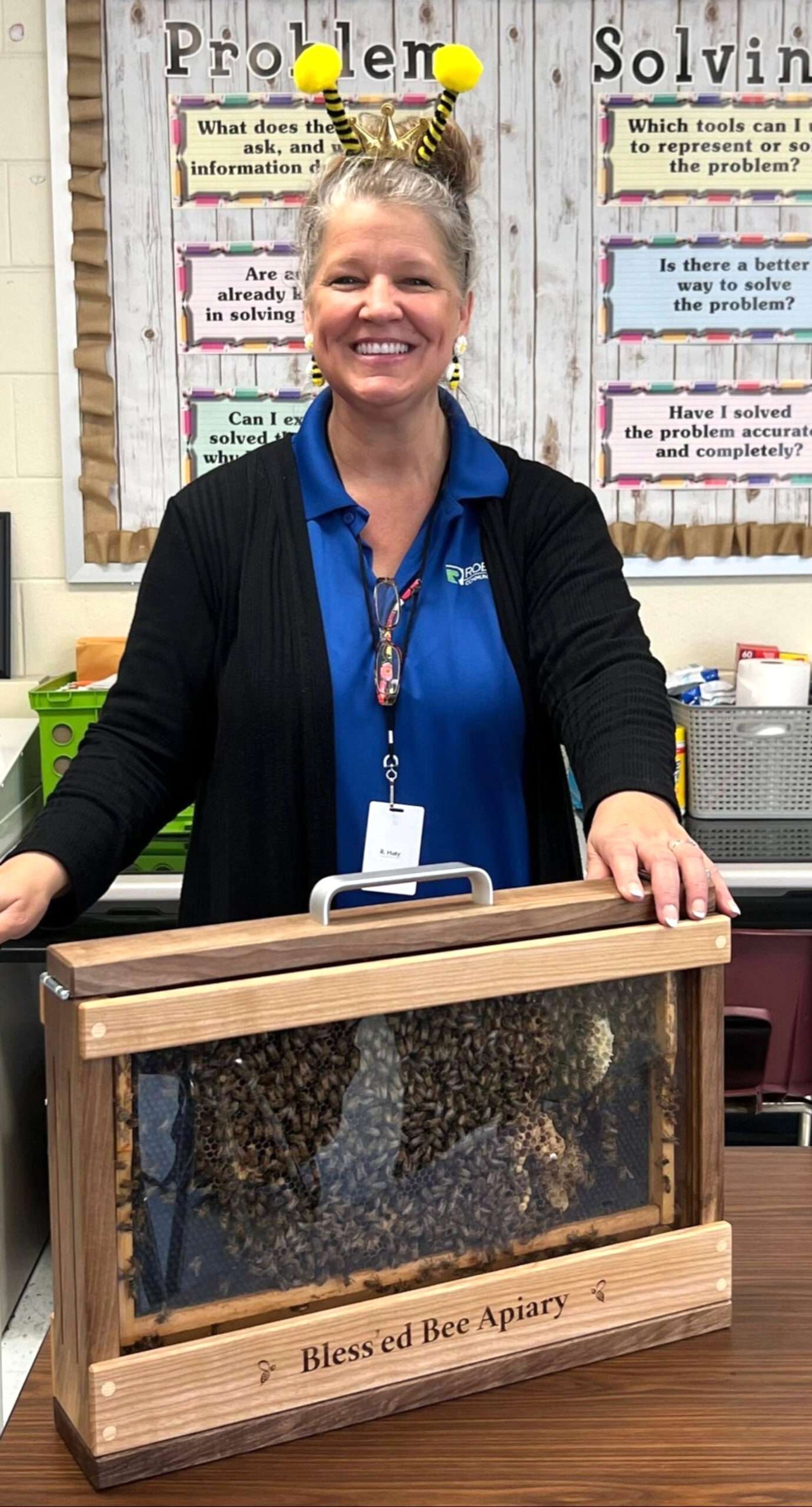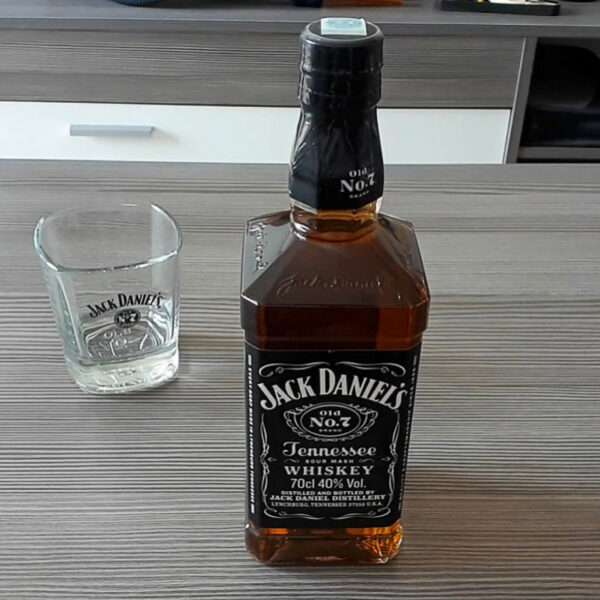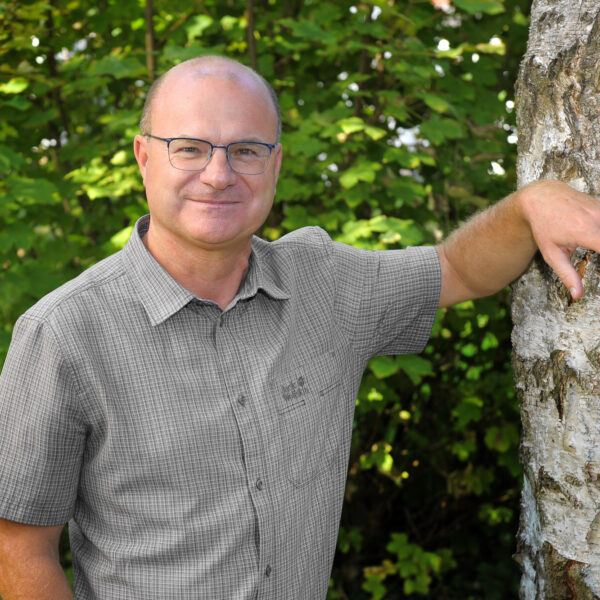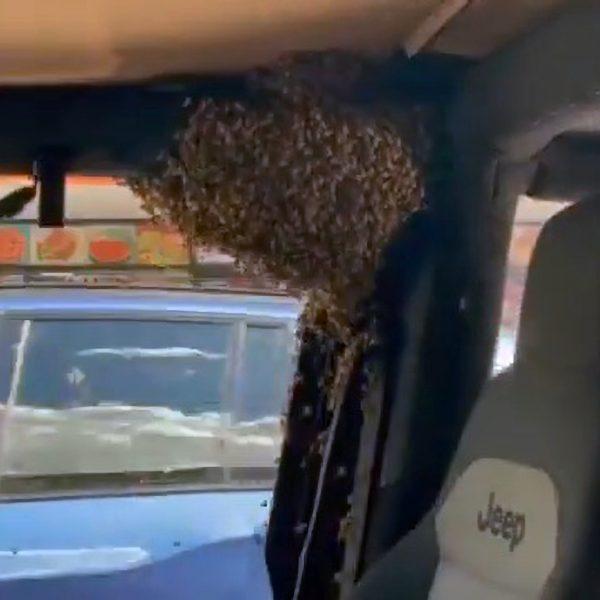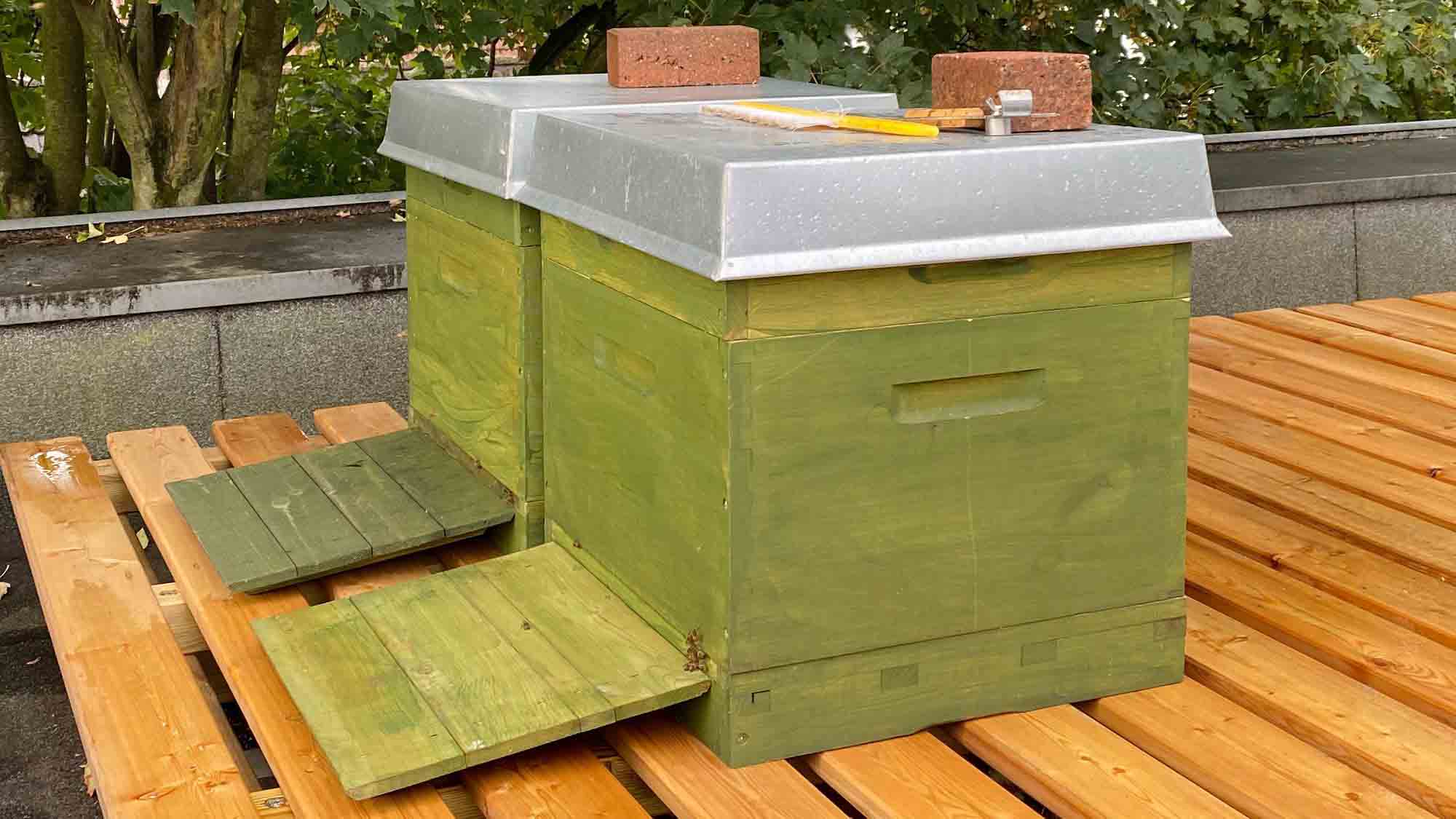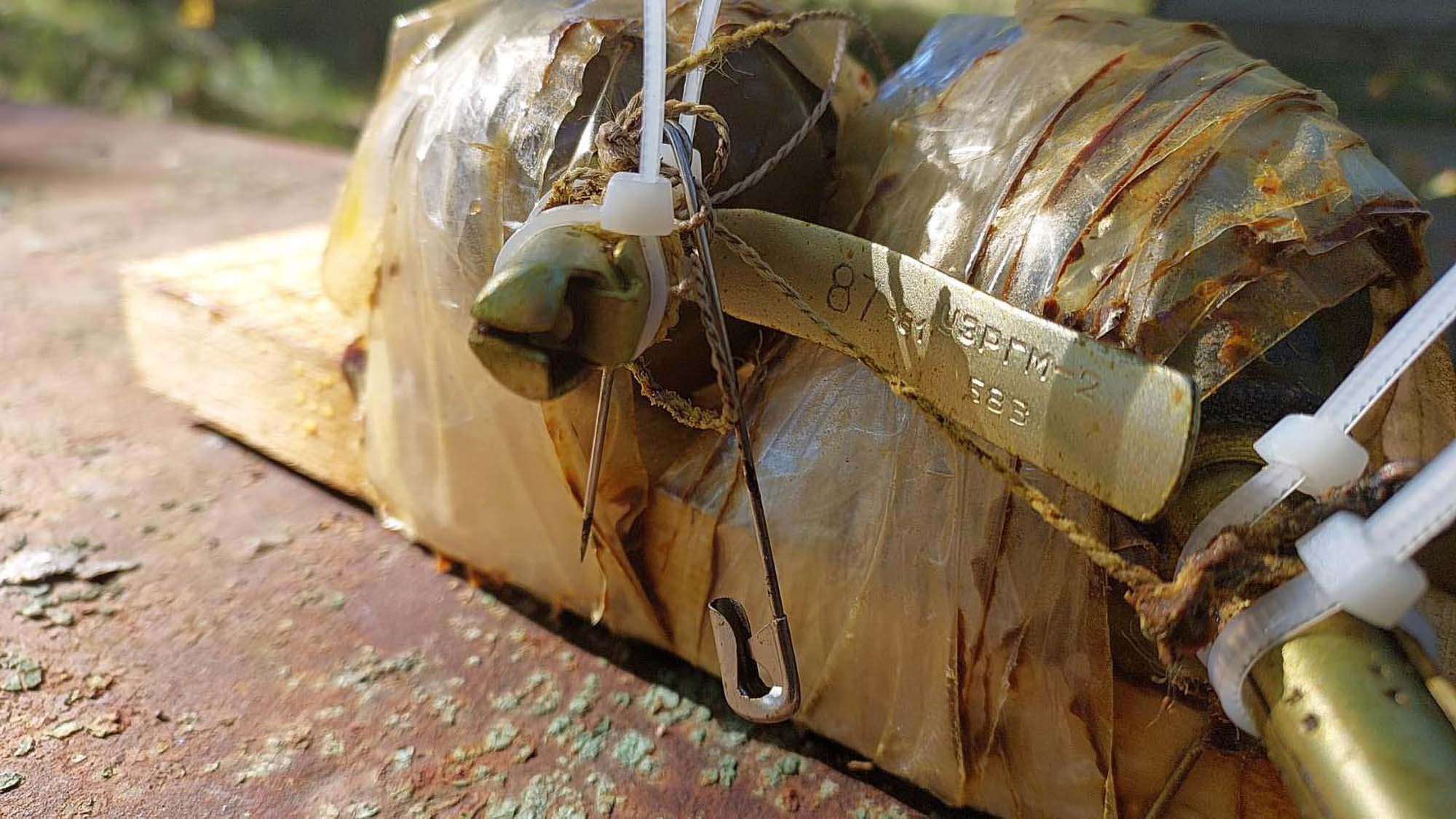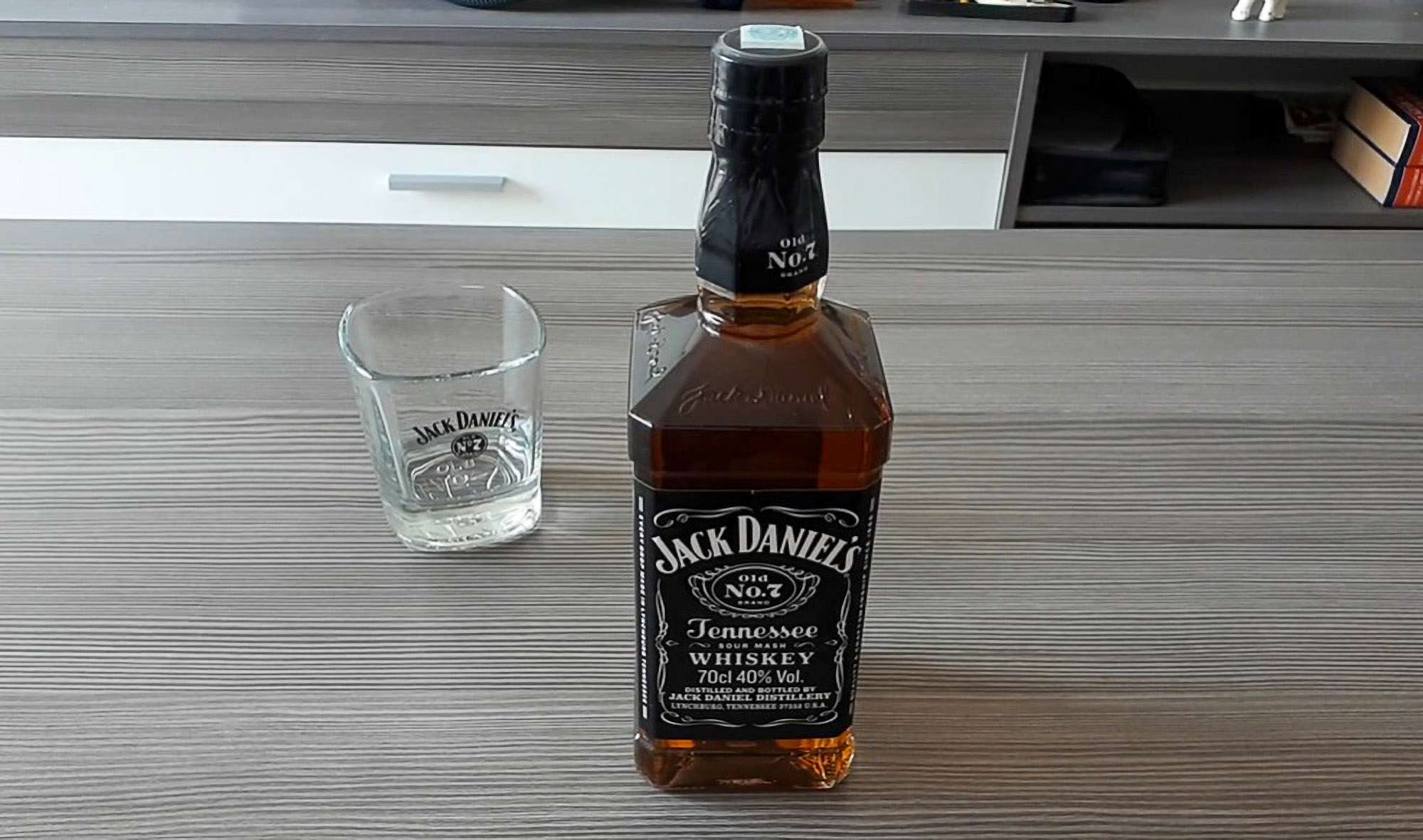The import of vast amounts of adulterated honey is posing a substantial threat to traditional beekeeping practices, a German apiarist has warned.
Research by the European Commission (EC) recently revealed that almost 50 per cent of the honey shipped to Europe might breach the European Union’s (EU) honey quality requirements by featuring syrup.
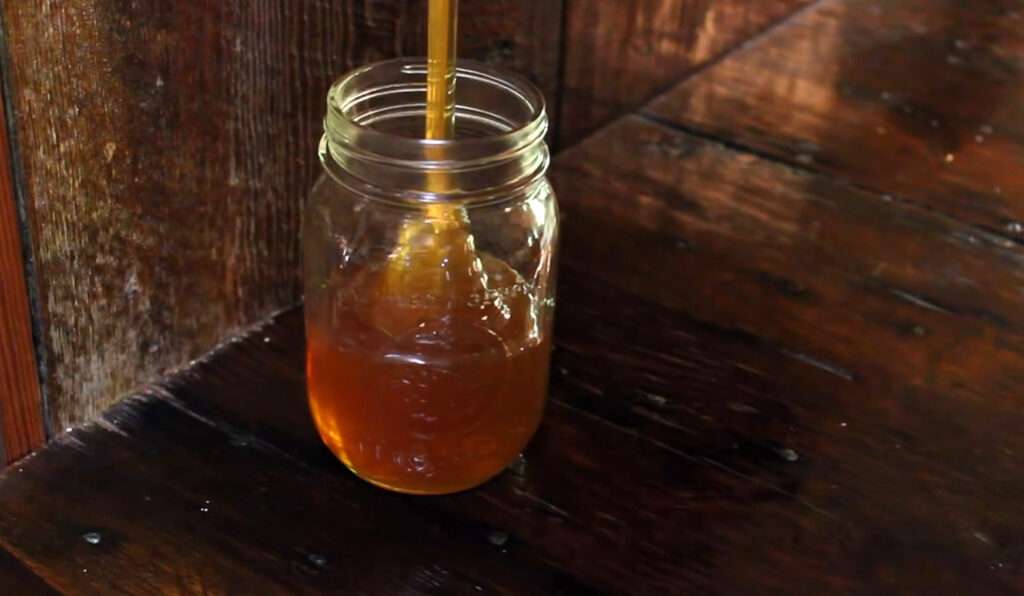
Thomas Hock heads the Association of Apiarists in the State of Rhineland-Palatinate, southwestern Germany.
Speaking to the Bild newspaper, Thomas warned: “These illicit activities are threatening apiculture in our region. Making a living from beekeeping has become impossible.”
In their study, the EC’s Anti-Fraud Office (OLAF) and the Joint Research Centre (JRC) examined 320 samples of imported honey and determined that 147 of them – or 46 per cent – contained syrup made from rice, sugar beet and wheat.
Most fake honey originates from Turkey and China, EC officials said.
Experts and beekeepers criticise that manufacturers of these brands of honey were capable of selling more while keeping production costs low. As a consequence, the price of their jars easily beats the homemade products that can be found on the very same supermarket shelves.
There are around 20 million honeybee hives in the EU’s 27 member states. However, the association of nations is not self-sufficient as far as human consumption of honey is regarded.
With almost three million hives in 2021, Spain leads the EC’s beekeeping statistics. Romania (2.4mn) came third ahead of Greece.

